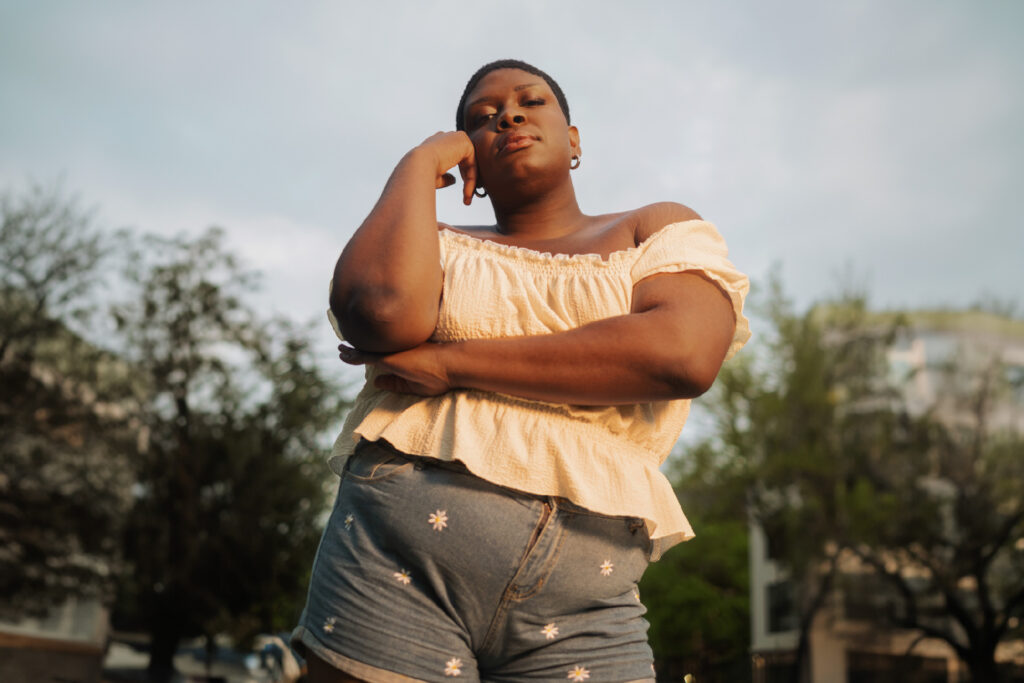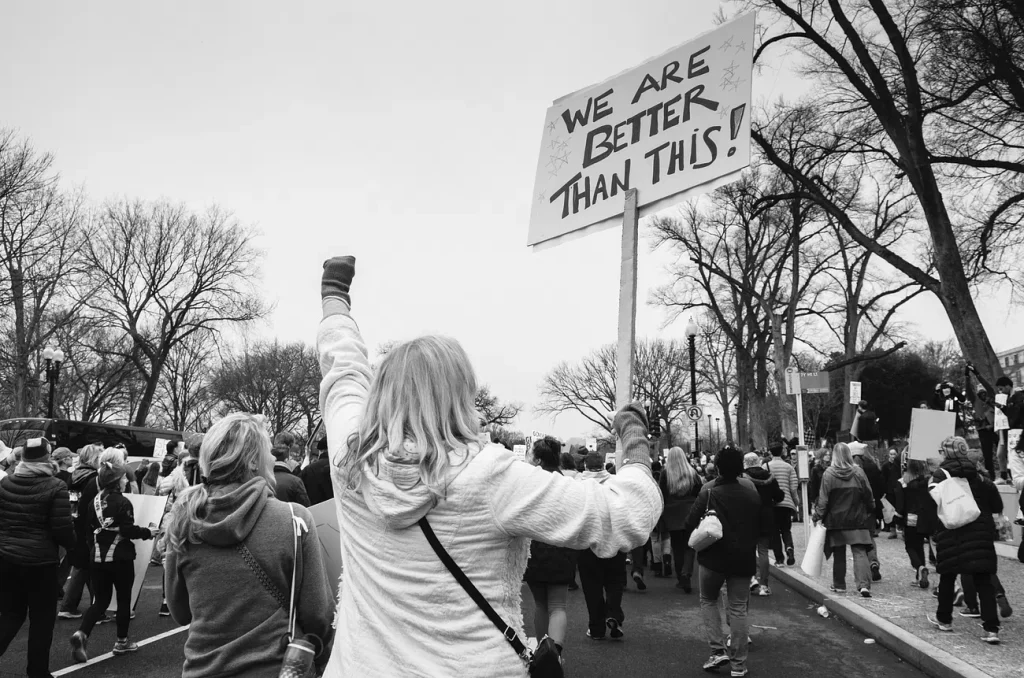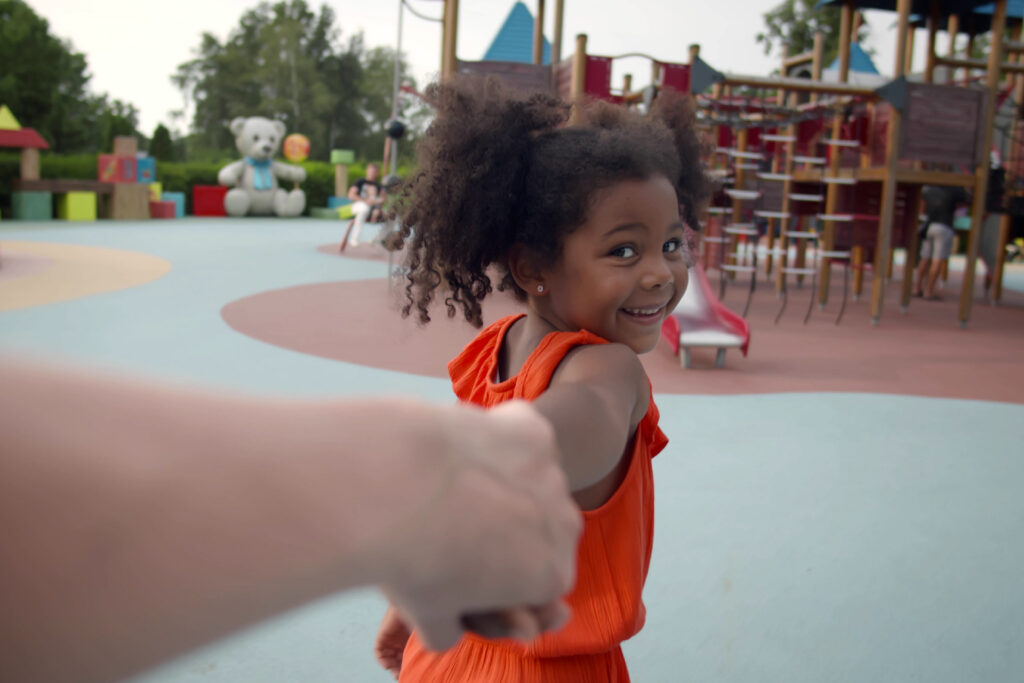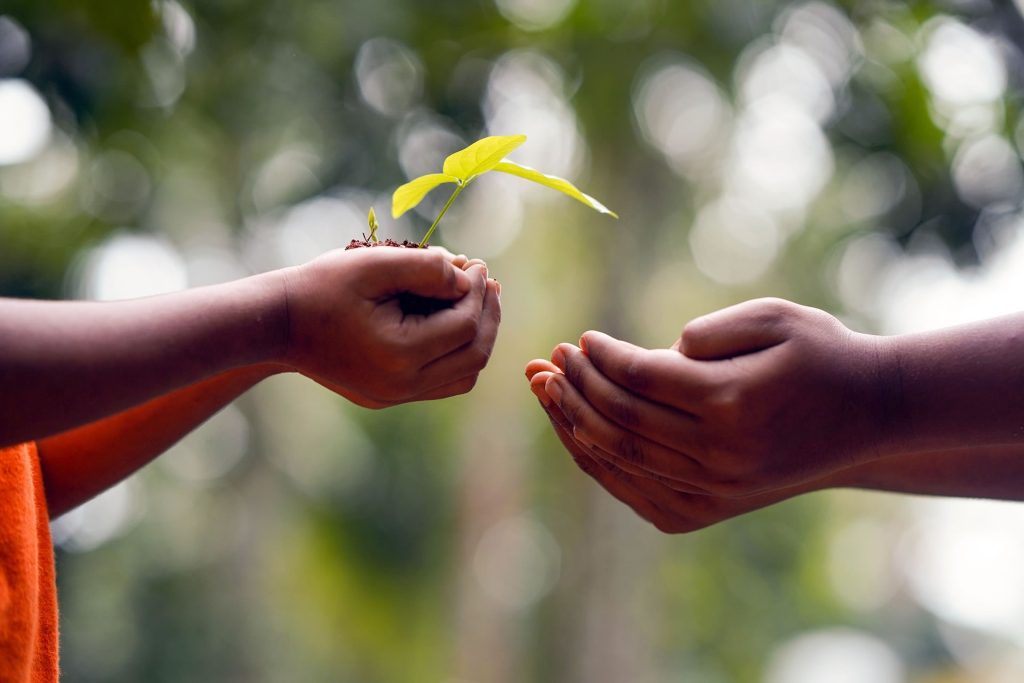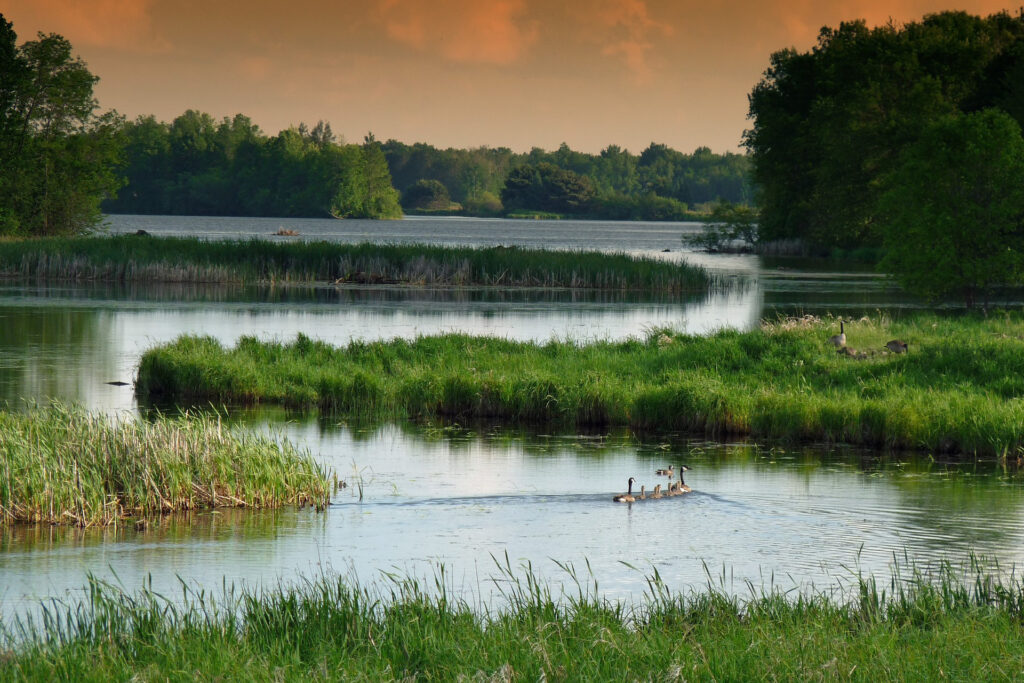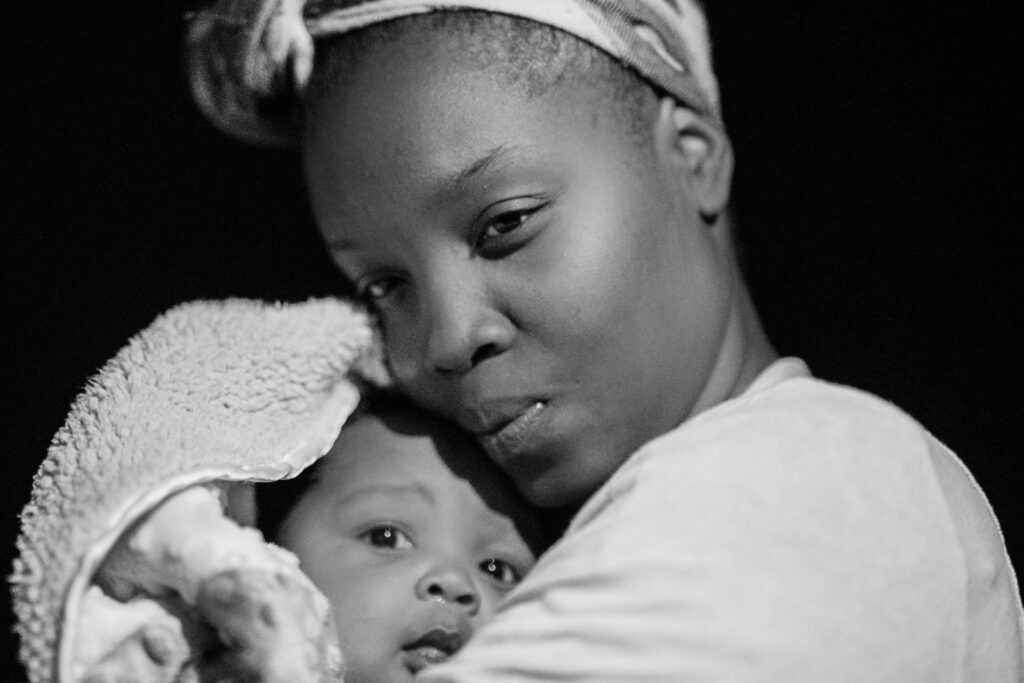Addressing Sexual and Domestic Violence in Wisconsin
2023-2029 Long Range Plan (LRP)
Wisconsin domestic violence (DV) and sexual assault (SA) programs reflected on historical trends, identified present needs, and engaged with emerging ideas and practices in order to determine the direction of future anti-violence work.
This plan’s impact ranges from funding and public policy, to how leaders and stakeholders within the movement understand the anti-violence landscape. It is intended to help all involved focus on priorities for services to address DV and SA as we collectively imagine and co-create violence-free futures.
Context and Interpretations
The long range plan (LRP) offers an opportunity for programs to reflect on the current state of the movement and lay out a clear vision for the future. Our team met throughout 2022 to review the feedback from advocates and programs throughout the state. Upon reviewing the data, themes emerged that informed our offered Priorities and Recommendations. We believe that a violence-free future in Wisconsin requires we follow the six interpretations below.
Demand Intersectionality in Our Work
Intersectionality will not only enhance services for survivors, but also requires an understanding that solutions to gender-based violence must be multifaceted and address a variety of social problems that intersect with violence.
Read more on the Demand Intersectionality interpretation page.
Confront Racism and Oppression
The impact of white supremacy and white feminism are evident in our movement today. The marginalization of BIPOC leaders has led the field to almost exclusively empower cisgender, white women in leadership roles at national, state, and local levels.
Read more on the Confront Racism interpretation page.
Center Black, Indigenous, and People of Color (BIPOC)
The DV and SA movements are not exempt from the legacy and presence of racism and it must meaningfully address its impact in all we do. Many BIPOC-focused programs have been left out of funding opportunities, meaning much of their work has been under or unfunded.
Read more on the Center BIPOC interpretation page.
Embed Transformative Justice Principles into Systems Work
Our historic reliance on criminal legal responses and solutions has had dire consequences for survivors. Therefore, decriminalizing survival must be central to our work. Survivors of SA and DV, particularly Black women and girls, have been the target of criminal legal responses when defending themselves.
Read more on the Embed Transformative Justice interpretation page.
Prioritize Sexual Assault Services
Distinct services for SA are essential due to the complexity of the violence. Many dual programs struggle to reach survivors of SA outside the intimate partner context. Although SA may be used by a partner to exert coercive control, those who perpetrate SA transcend intimate partner relationships.
Read more on the Prioritize SA Services interpretation page.
Redefine the Role of Advocate
A limited definition of the role of advocacy fails to recognize survivors as experts in their own healing and impedes addressing the complex nature of trauma. Many survivors experience multiple forms of trauma throughout their lives; BIPOC survivors also experience historical trauma.
Read more on the Redefine the Role of Advocate interpretation page.
Priorities and Recommendations
Our Team
Below are the four coalitions that collaboratively created this plan.
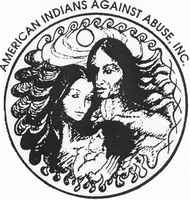
American Indians Against Abuse (AIAA)
American Indians Against Abuse (AIAA) is a tribal domestic violence and sexual assault coalition serving the eleven federally recognized tribal governments, service providers, and programs in Wisconsin with support and technical assistance to strengthen the response to victims of abuse in our communities. AIAA provides domestic violence and sexual assault advocacy training, awareness, and collaborations designed to be reflective of and have relevance to our local, regional, and national indigenous people and culture.
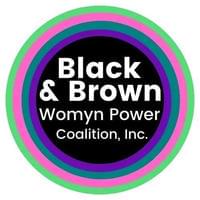
Black and Brown Womyn Power Coalition, Inc., (BBWPC)
At Black and Brown Womyn Power Coalition, Inc., (BBWPC) our mission is to build the capacities of Black and Brown advocates and their communities to end violence against womyn, queer and trans folx, and young people. We envision a bold healthy community led by liberated and powerful Black, Brown, womyn, queer and trans folx, and young people. Our Core Guiding Values are informed by life-long advocates working to end gender-based violence with a belief that those most impacted should lead the work.

End Domestic Abuse Wisconsin (End Abuse)
End Domestic Abuse Wisconsin (End Abuse) is a statewide, non-profit, membership organization of domestic violence victims, survivors, programs, allied partners, and supporting individuals. We promote social change that transforms societal attitudes, practices, and policies to prevent and eliminate domestic violence, and oppression. End Abuse WI takes an intersectional approach to understanding and addressing the root causes of racial, gendered, economic, and all other forms of oppression in the fight for equity and to end abuse.
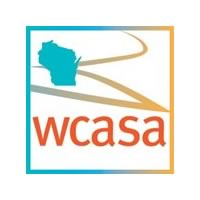
Wisconsin Coalition Against Sexual Assault (WCASA)
Wisconsin Coalition Against Sexual Assault (WCASA) is a statewide coalition and membership agency guided by a mission to create social change to end sexual violence. WCASA provides a statewide infrastructure for sexual assault services and prevention, in collaboration with local, state, and national partners. Our vision is a world without violence, oppression, and racism where all people honor bodily autonomy and social justice. Our work is grounded in our foundation that to end SV, we must also end all forms of oppression.

